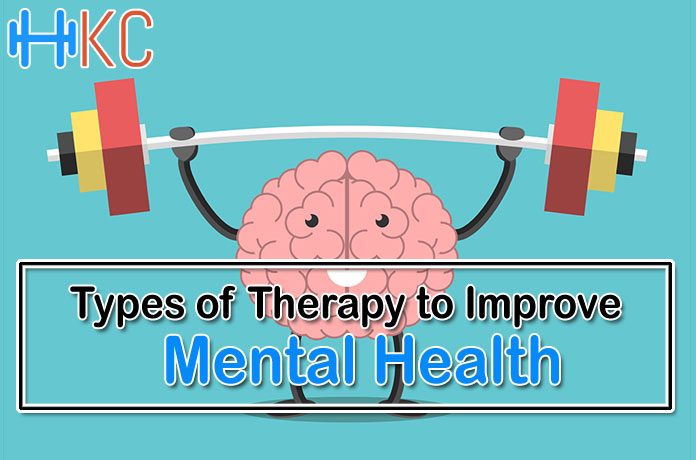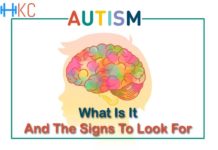Types of Therapy to Improve Mental Health
Many people have some form of mental health condition, which can make it hard to cope with the stressors of life. If you feel an overwhelming sense of sadness, anxiety, or deal with obsessions, compulsions, or have relationship troubles, you may benefit from some form of therapy. Not all types of therapy are the same; there are many forms to cater to the specific needs of individuals. While one form of therapy may work wonders for one person, it may not work that well for the next.
Individual Counseling
Individual counseling, or psychotherapy, is one of the most common forms of therapy. These sessions are typically held on a weekly basis, but some have bi-weekly or monthly appointments. Appointments can last anywhere from 30 minutes to an hour. This type of counseling is between the patient and a therapist, and it is helpful because the therapist can help you look more into the problems you face on a daily basis, and provide ways to solve these problems. These sessions are in a private setting, and between the therapist and the patient only.
Cognitive-Behavioral Therapy (CBT)
Cognitive-behavioral therapy, or CBT, is another form of therapy done on a short-term basis. The goal of CBT is to help patients with present-day problems and offer step-by-step solutions to help overcome these problems. Some things you’ll likely learn in CBT include:
- Identifying inaccurate or negative thinking
- Identifying situations in your life that are causing you difficulties
- Helping you become more aware of your thoughts about the problems you’re facing
- Teaching you ways to reshape your negative thinking
CBT likely won’t make the symptoms of your disorder go away, but it can help you learn better ways to cope with what you’re going through.
Family Therapy
Family therapy is when family members are brought together to help resolve a specific issue, or help the family get through a major life change. This type of therapy usually helps to improve communication skills, strengthen the bonds between family members, identify the strengths and weaknesses of the family, and can help to establish goals to resolve certain challenges. Family therapy can also be a beneficial type of therapy to improve mental health in lesbian and bisexual women.
Group Therapy
Sometimes it helps to connect with people who already know what you’re going through. When you’re living with a mental health condition, knowing you’re not alone in how you think and feel can be beneficial. Group therapy is a great way to learn how others are coping with their current situations and it can help you learn other ways to manage your symptoms. This type of therapy allows you to receive advice and support from others who have gone through similar experiences, but it also allows you to provide support to others as well.
Art Therapy
Not everyone benefits from talking about the problems in their lives. Art therapy provides another type of outlet to express yourself. Certified art therapists have a deep understanding of how creativity can play a huge part in expressing yourself. This type of therapy comes in many forms, depending on what the patient is most comfortable with. To express yourself, you can:
- Paint
- Sculpt
- Doodle
- Make cards
- Make collages
- Draw
- Make pottery
- Use modeling clay
- Finger paint
Some things are just too difficult to speak about, which is why art therapy can be very useful. The use of this type of therapy can improve communication, alleviate symptoms of depression, address past traumas, and provide a positive distraction.
Keeping your mental health in order should be a main focus of yours. Life can be very stressful at times, especially when you have an untreated mental health condition. Therapy is just one of the many ways to help manage your symptoms and offer the support you need to cope with certain things going on in your life.
















